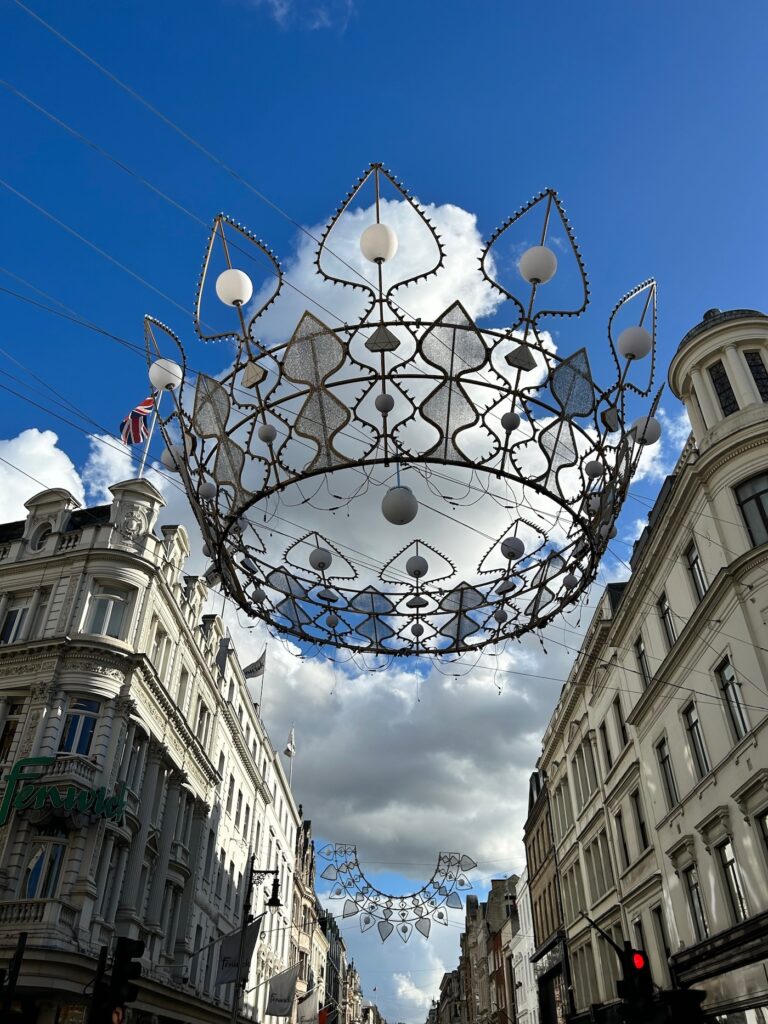
Maybe it doesn’t matter whether we humans were made to live in so many places over the course of one lifetime. Sure migration has always been a thing, but in the modern world it seems that the practice has been taken to new heights — both within the spheres of voluntary and involuntary displacement. Whether we’re meant to do it or not, this is how many of us our living our lives.
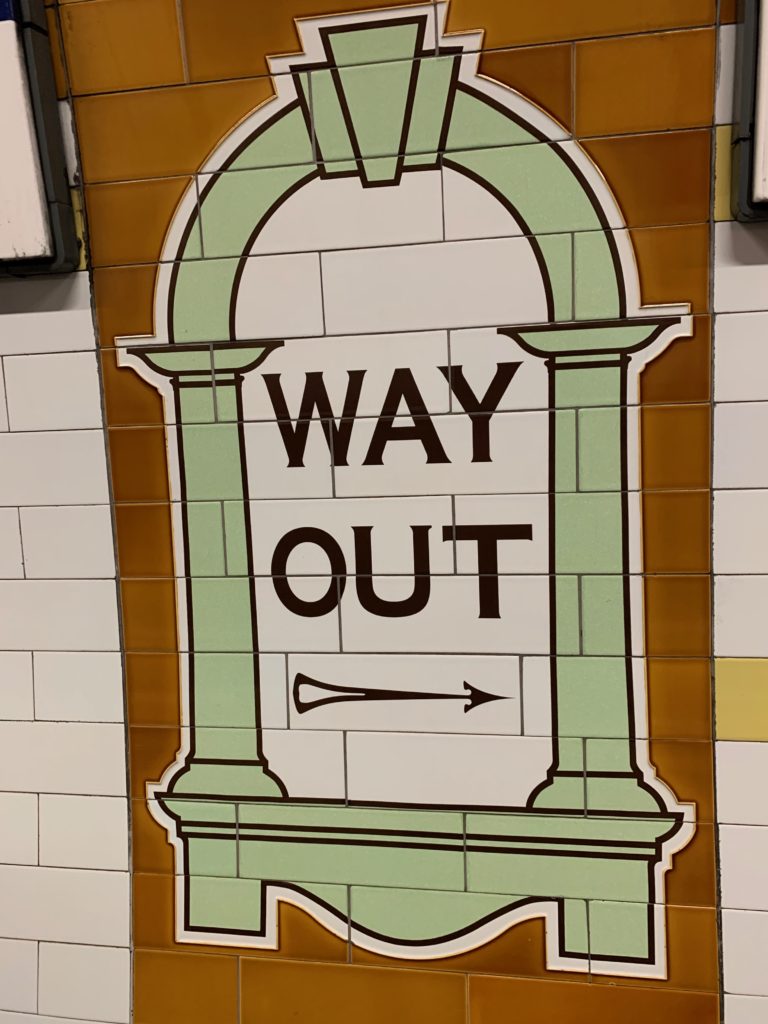
I often think about this news article that spoke about the enlarged brains of London taxi drivers. In order for drivers to pass the qualification to become a London cabbie, they essentially must demonstrate how they have the entire city mapped out in their minds. They know exactly how to get from any Point A to any Point B. That might sound like no big deal in a straightforward city, but a place like London involves intimate knowledge of a place constructed long before motorized vehicles. It takes aspiring taxi drivers years to cultivate that mental roadmap of extreme knowledge until their brain actually grows in size.
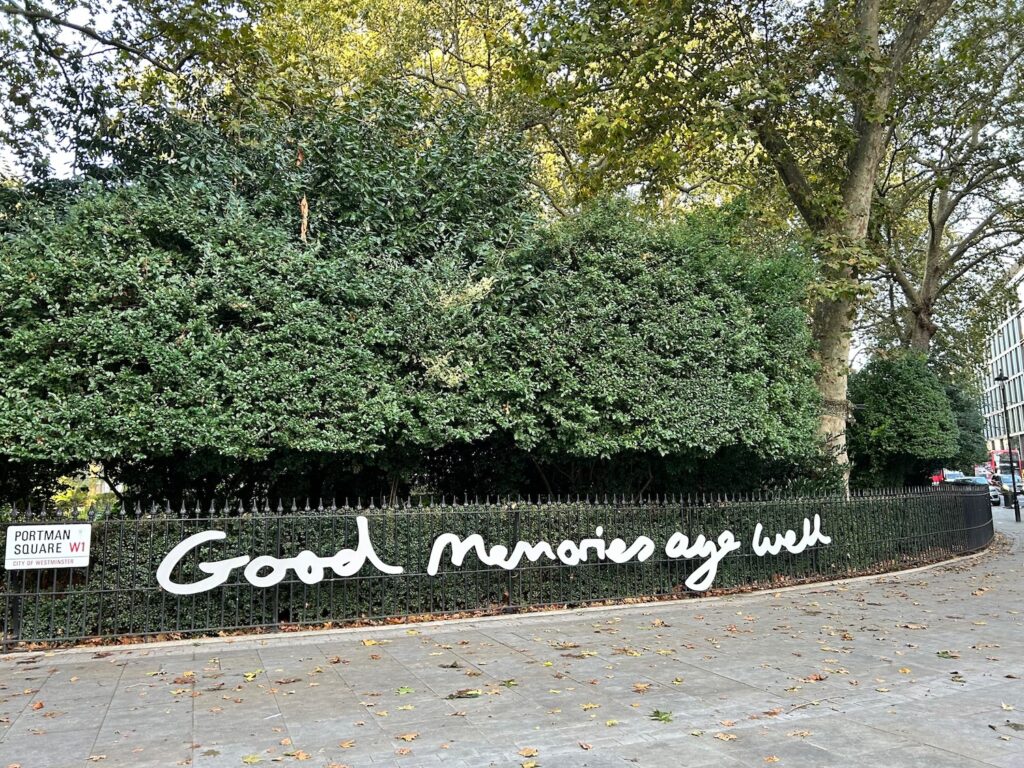
Recently I went back to London— a place that I spent many years exploring on foot (and I probably took a taxi less than 5 times on my own dime). I packed up at the end of 2019, and at that moment there was little doubt that I would be returning soon. Even if I didn’t count London as my favorite city, by that stage London felt like an old friend; once you’ve spent enough time in one place, a loric form of attachment tends to take hold. So sure I would be back soon.
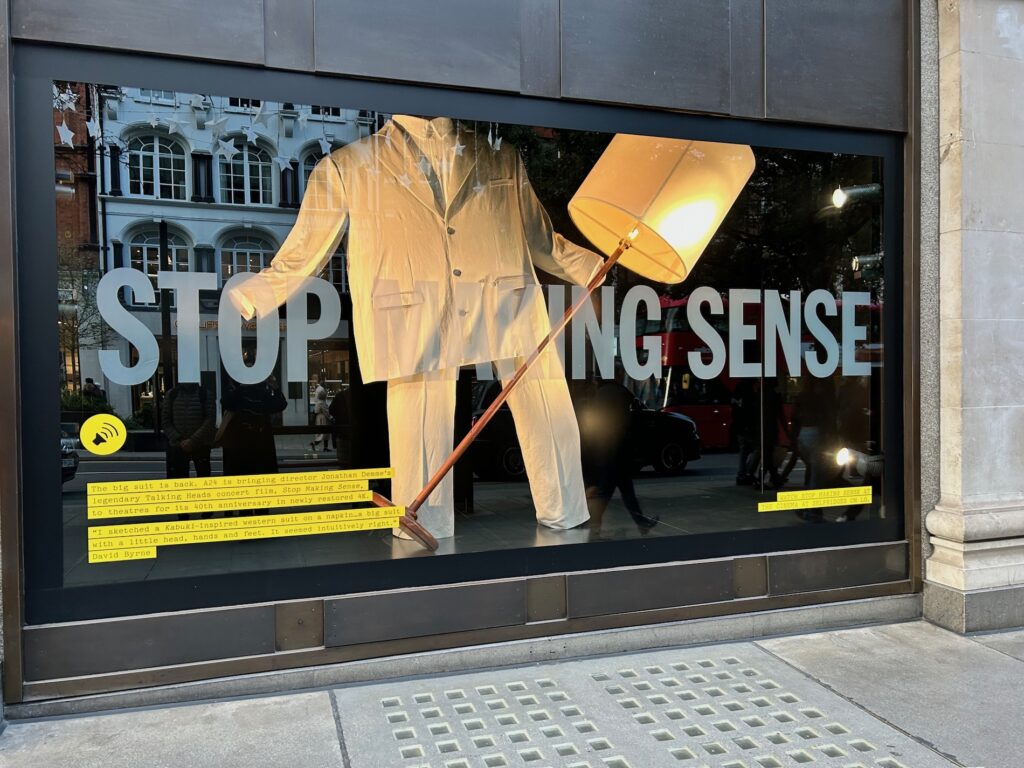
But then, I got stuck on the travelator of life. And also COVID happened. After a while, London just started to feel like a fuzzy concept. The brain is a muscle– you don’t lose it, you start to lose familiarity.
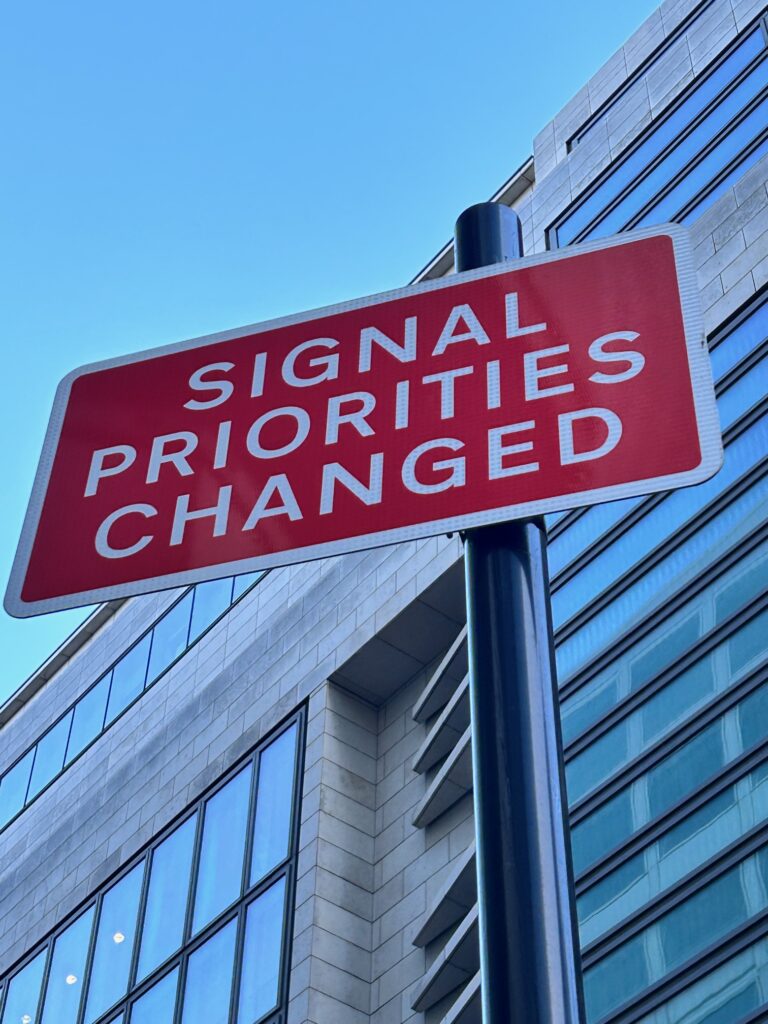
It doesn’t help that whenever we shift to a new environment, a great deal of energy is invested into learning the new ropes. The social customs, public networks, the speed traps of a new city. In the case of London, the old knowledge that I’d worked so hard to cultivate no longer had the same currency. And it’s a pity because it takes a lot of brain power to comprehend the uniquely confusing signage in the UK (I used to call it a byproduct of “British not as my primary language” obstacle). All of that was gone. As is the case with many of us, I’d uprooted and changed scenery and now I was onto something new: learning how to navigate Rome without racking up a bunch of traffic fines. You can drop whatever city or town you want into the equation, but the practice is still the same. And at this stage in life, I feel like a (once new) blank cassette tape that has been taped and taped so often, it’s like the digital music revolution never arrived. And at this stage I’m kind of worn out but somehow still focusing on putting together the latest mix of music.
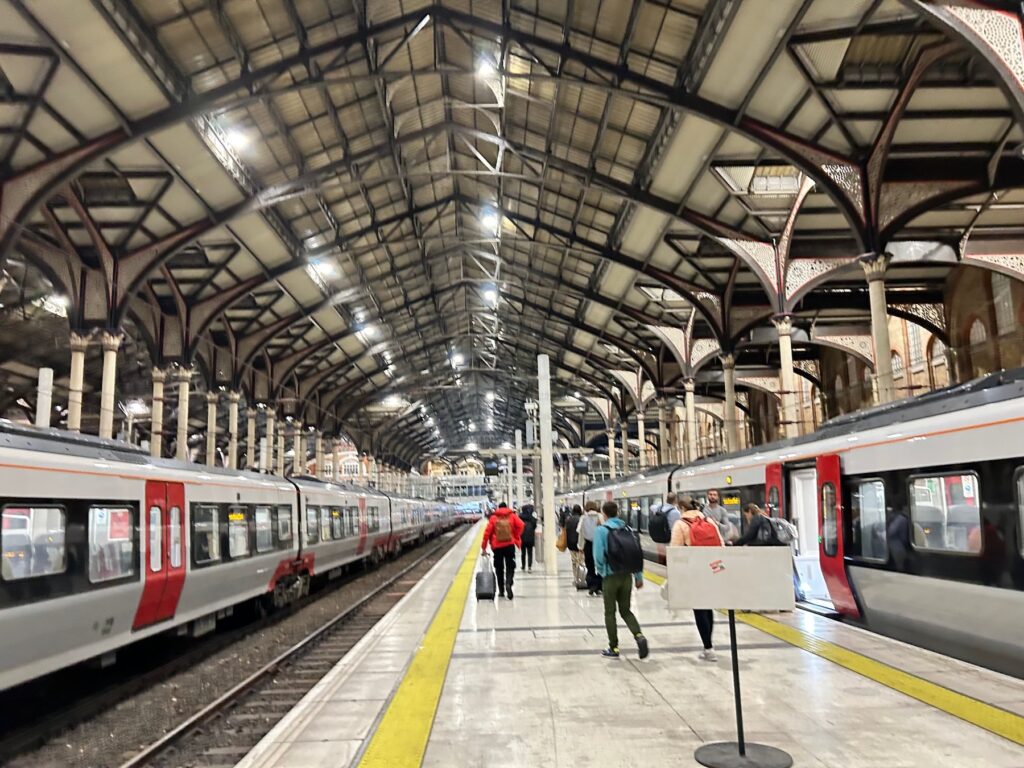
So it wasn’t until I stepped out of the airport in (what is not actually) London that I started to move past that fear that I’d forgotten everything. But I still arrived with a sense of humility. Do I remember all of this? Surely it has changed plenty, with upgrades and modifications that I couldn’t possibly know about. What used to be far-reaching knowledge about exactly where on the track I should stand, or how the timetables looked– all of that was up for grabs. But I will say, as I hopped on the Stansted Express, I was a bit cheered to know that this train was still not exactly express. It would take 90 minutes to get to where I needed to go in the city. And more than that, the thing that struck me about returning was the rediscovery of memory pathways that had clearly only grown dormant. It took nothing more than stepping back into an environment for me to feel at ease.
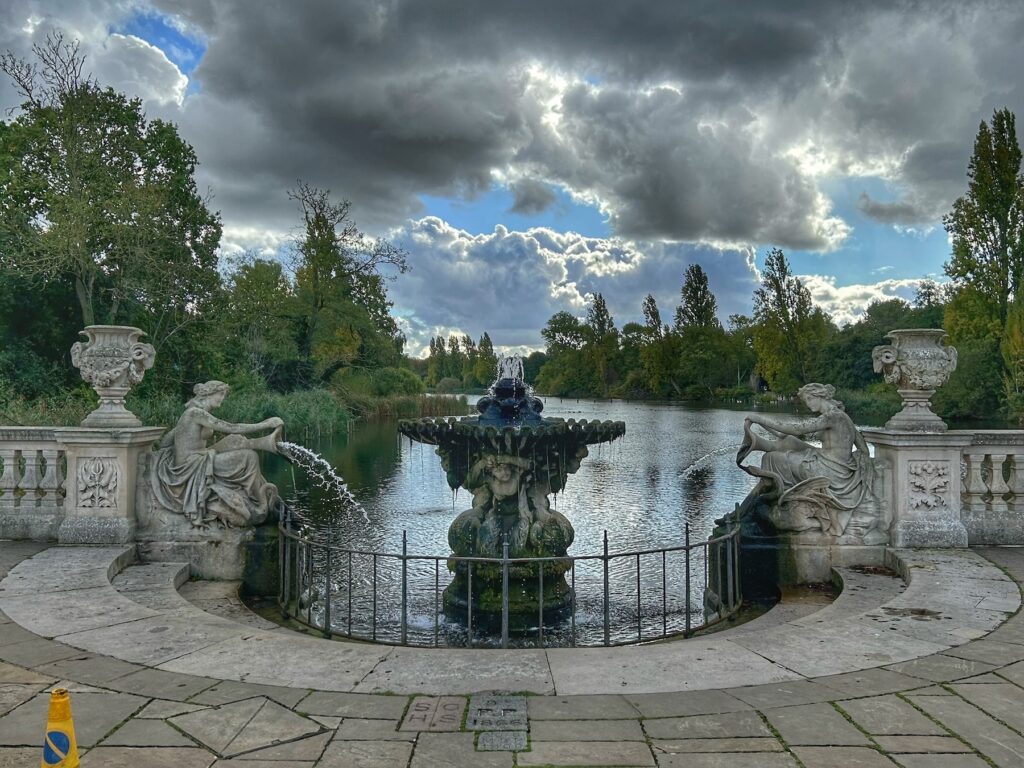
Over the course of my time in London, I moved around old neighborhoods with relative ease, if not distracted trust in wherever my feet were bringing me. Yes indeed, store fronts and human composition may have changed, but the contours still felt the same. Familiar. It turns out that it’s not just the taxi drivers enjoying brains with well mapped pathways. To varying extents, we’ve all got it. It’s simply a byproduct of how we’re living these days.
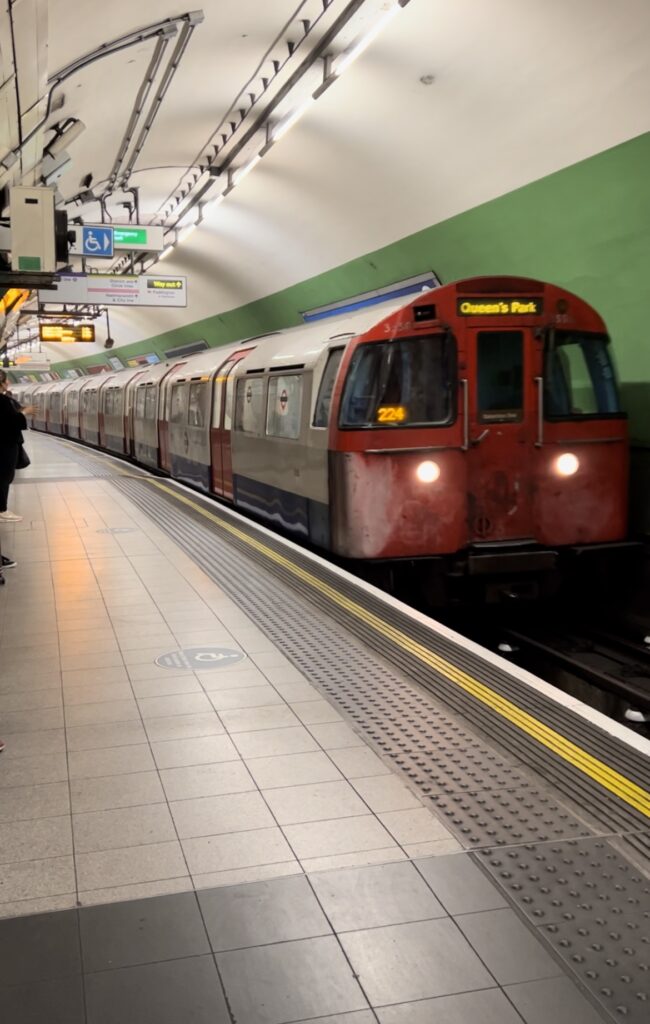
I went on a run while in London too. For me, this is something I feel absolutely necessary given that this is a ritual performed in the quest to connect with each place I live. I can’t help but get outside. Beyond the cars and baffling roadways. And of course once back, the paths felt familiar even before I realized that they were. While in motion, it could have been so easy for me to imagine that I’d never left. Kind of like hopping blindfolded on certain Too Loud For Talking tube lines and knowing already that it’s either the Jubilee, Bakerloo, Circle line…or smelling the fragrance of hookahs and knowing without seeing that you’re in Marble Arch….the body remembers these things. They are internalized for better or for worse. For me, these sensory reunions make for a calming touch.
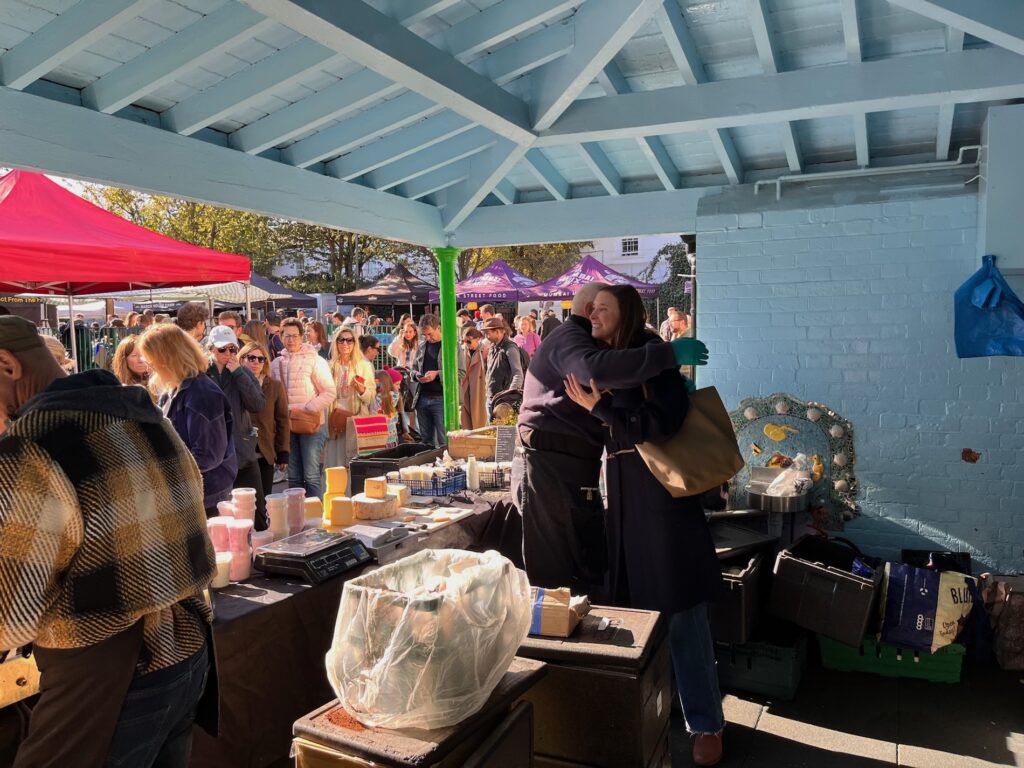
It is never lost on me that it is a privilege to return to a place where I once was. To have the ability to navigate to spots that hold some sort of meaning—no matter how large or insignificant. Whether it’s the Grésivaudan valley or the Queen’s Park Farmer’s Market, I know that each place is now mapped in my mind for the rest of my life. Even if I’ve been away for a while, it still never ceases to amaze me how striking a return can be. It may be impossible for us to go back in time, and return moment we cherished—but there are plenty of markers that remain. It just takes a few footsteps before you are brought back and reminded that what you thought you forgot never really left at all.